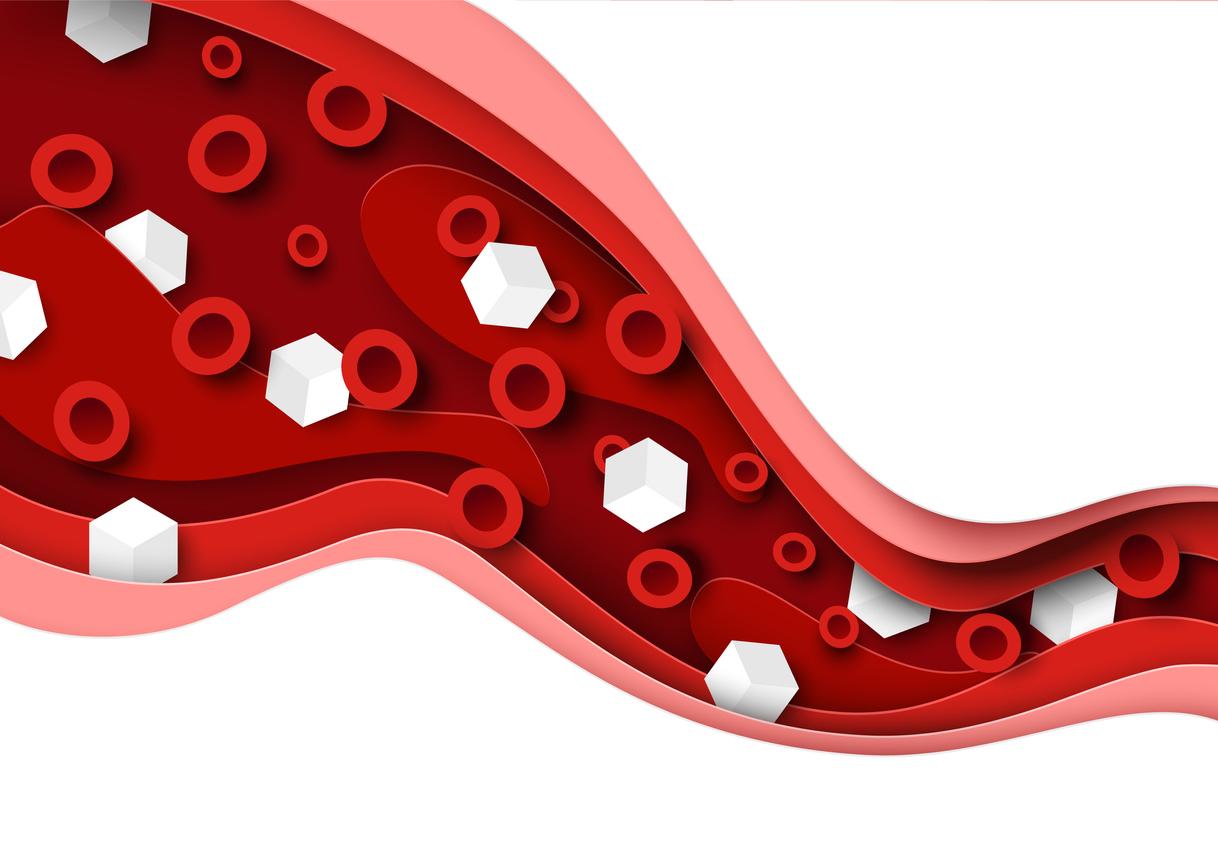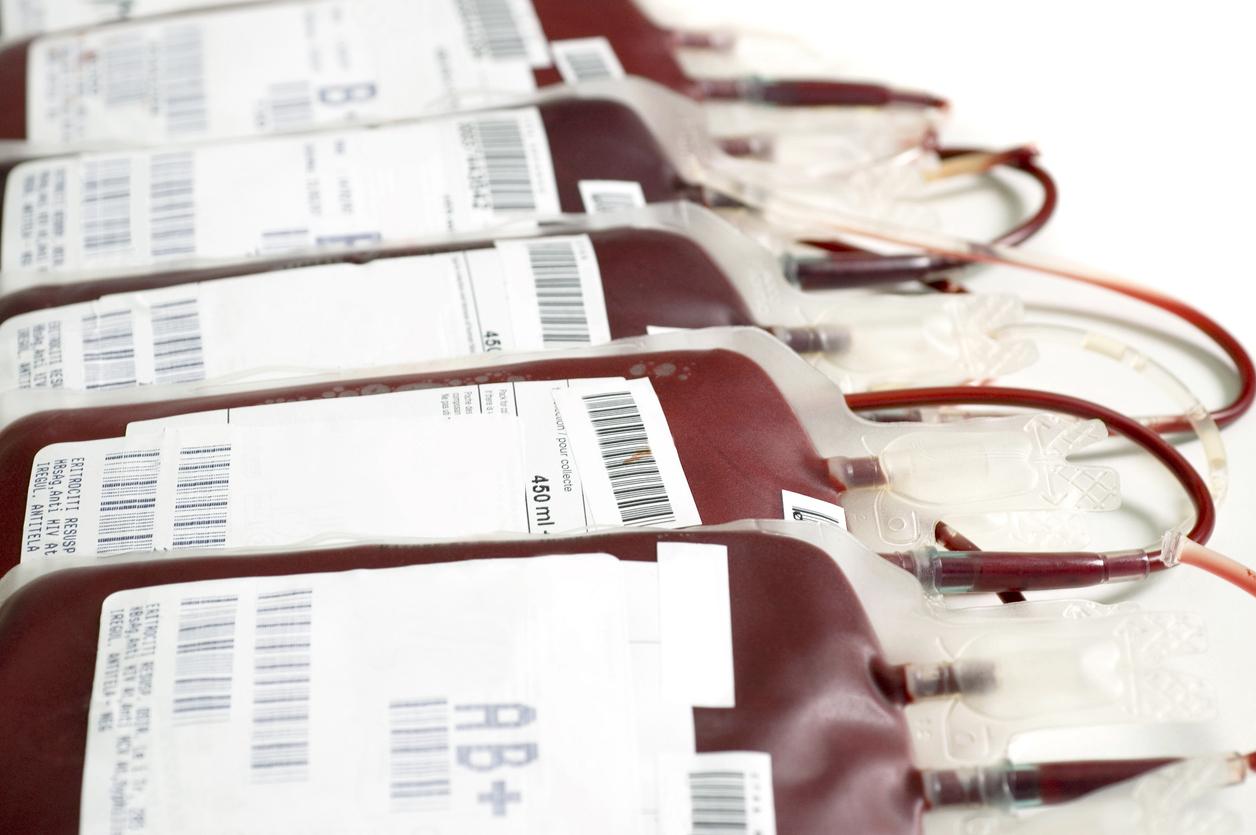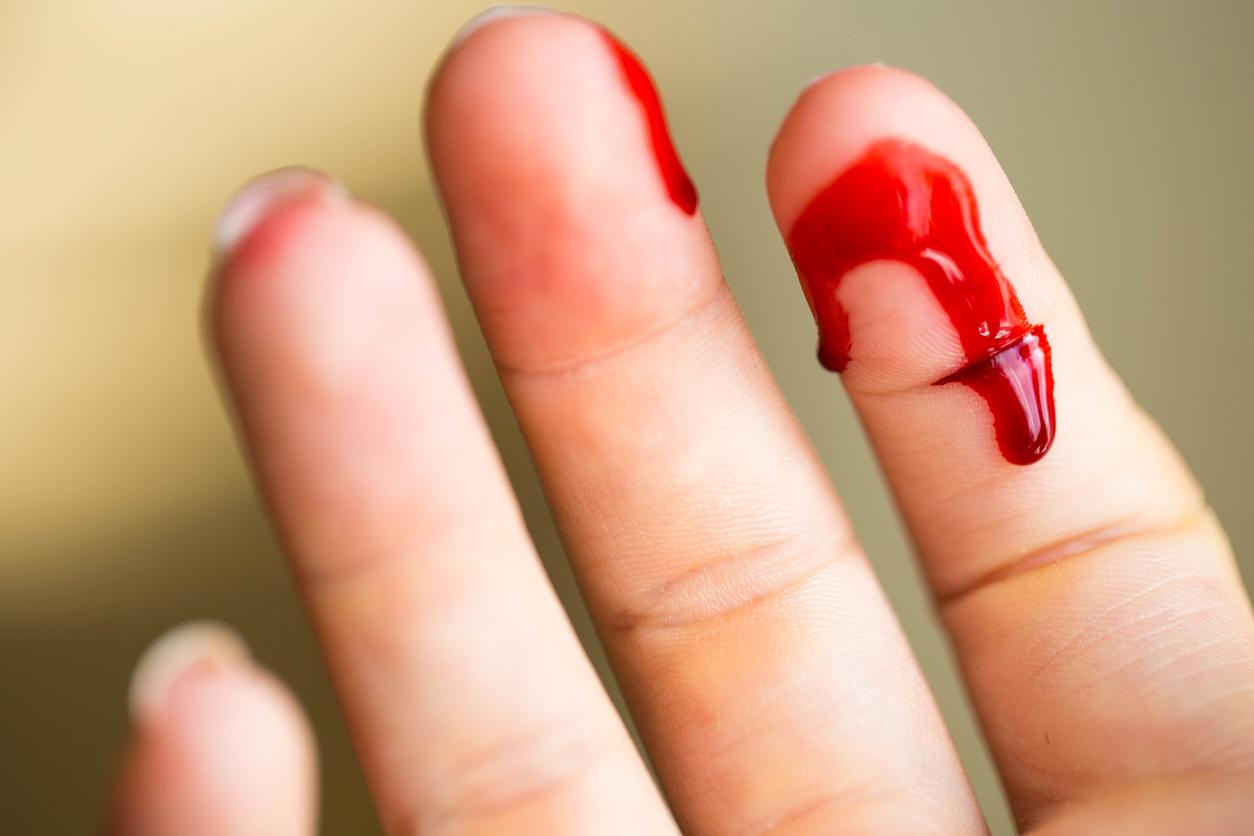This is a medical first, artificial blood should be transfused in humans within two years in order to test their resistance to the organism.

It had been in the pipeline for a few months now, artificial blood available on a large scale is about to enter its last phase of clinical trials. the National Health Service (NHS), which manages the British health system, has announced that a small amount (less than 10 mL) of synthetic blood will be injected into several sickle cell patients within two years. This test will assess the safety of this blood produced from cells taken from the umbilical cord of newborns and blood from adult donors.
“The goal is of course not to replace real blood, but rather to be able to offer a particular treatment according to the needs of the patients”, explains Dr Nick Watkins, director of research at the NHS interviewed by the daily The Telegraph. “These tests will also be used to compare this blood with that of usual donors”.
Scheduled for 2017, the first tests should then last nearly five years, in order to study this new blood in depth. According to the NHS, this experience will be a world first.
End shortages
The interest of artificial blood is threefold: being able to produce on an industrial scale would make it possible to put an end to the shortages of donated blood, remove the prospect of health scandals in countries where transfusion safety is not perfect, but also an end to the transfusion dead ends in which some polytransfused patients find themselves.
Earlier in the year, the NHS warned of the drop in blood donors on British territory. According to official figures, donations decrease by nearly 40% in some cities across the Channel. Appeals for donations are also commonplace in Great Britain. According to the NHS, this drop can be explained by the increasingly busy schedules of donors, but also by the constant increase in tattoos, which excludes many young donors.
.














